Are the changes engendered by the internet – or, indeed, social media – always a force for good?
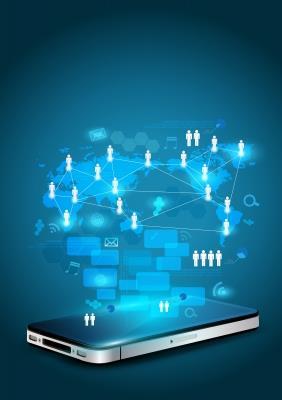
Advances in science and technology are shaping the world at a faster rate than ever before. Among the myriad developments over the past 20 years, it is the internet that has contributed to the acceleration of this rate of change more than any other.
The history of the internet can be traced back to the 1960s, when computer scientists in the US initiated attempts to make contact between machines sited in different locations. However, it took until the early 1990s before the work of Sir Tim Berners-Lee at CERN, the European Organisation for Nuclear Research in Geneva, laid the foundations for the world wide web.
Berners-Lee developed what had been conceived a decade earlier as a way of sharing information between researchers. It would eventually become one of the most significant achievements of all time – although Berners-Lee could scarcely have realised the impact his breakthrough would ultimately have on the way billions of people live and work.
Twenty years later, three-quarters of the population of the developed world has an online presence, and internet use elsewhere is starting to catch up.
We have never before been better connected or better informed – nor have we been more vulnerable. This has transformed almost every aspect of our being, from the businesses in which we work to the way we interact individually and as social groups. The internet has not only been revolutionary, but it has also triggered revolutions. It is inconceivable that the events of early 2011, which would become known as the Arab Spring, would have occurred were it not for the power of social media. Little wonder that China and Iran continue to limit its usage within their borders.
But are the changes engendered by the internet – or, indeed, social media – always a force for good?
Clearly, cyber crime would not exist without the internet – but what about the less obvious? The answer to that depends on your perspective, but while these technological advancements have been rapid and widespread, we are only now starting to realise some of the other implications of our usage.
Take, for example, the impact of social media on human behaviour. It could be argued that the word ‘social’ should, in some cases, be preceded by ‘anti’. Millions of users have dozens, sometimes hundreds or even thousands of friends or followers, virtual or real. But how much of this intercommunication is constructive or useful? Most chatter is little more than tittle-tattle or gossip. So while people are more in touch than ever before, what they have to say is of limited or no value. People often communicate for the sake of it, compelled to do so, in some cases, by an invisible lure – addiction, even – based on a constant need to assess their own self-worth.
Ironically, lack of face-to-face interaction means some people, particularly those who have grown up with social media, are losing the ability to express themselves properly in the real world.
The term ‘social’ is effectively a contradiction in this context. Aside from sometimes serving as a virtual mirror for narcissists and a meeting point for the terminally vacuous, it provides the perfect cover for bullies, criminals and those intent on damaging the interests of businesses, whether justified or not.
It might also be self-defeating for users. A recent study at the University of Michigan revealed that, while Facebook is an invaluable resource for fulfilling the basic human need for social connection, it undermines rather than enhances wellbeing. The study found that the more people used Facebook during a period of time, the worse they felt.
For businesses, social media represents both an opportunity and a threat. Embrace it properly and you could have instant access to – and an unprecedented degree of engagement with – a wide range of potential customers, no matter where in the world you or they might be. Yet when problems occur, the hard-won reputation of a company, sometimes built up over decades, can be destroyed in a matter of hours or even minutes.
Smart firms develop strategic responses to help them deal with such attacks, although their success in this depends on how they are executed. A humorous reply to a disgruntled Twitter user could defuse a difficult situation – but it could just as easily inflame it further.
Skilful, tactical diplomacy is required for success, but the combination of human frailty and the limited time available to respond effectively to a crisis sometimes gives rise to a less favourable outcome. We need to be clear, as businesses and individuals, that social media in itself is not a threat. It is the mindset of some of those who use it where the real danger lies.





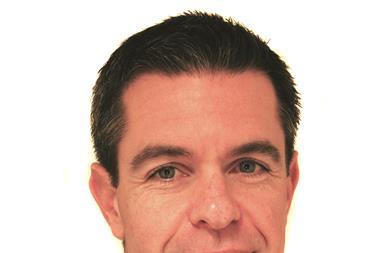
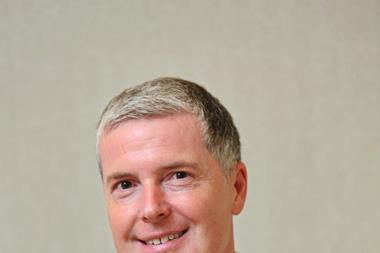
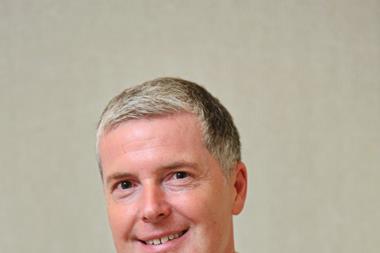
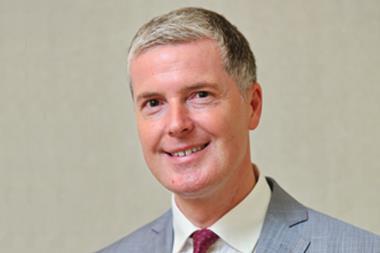
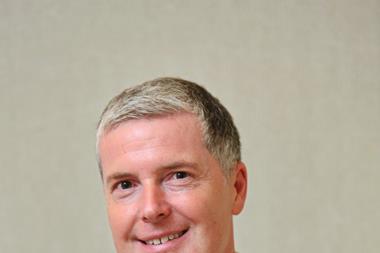
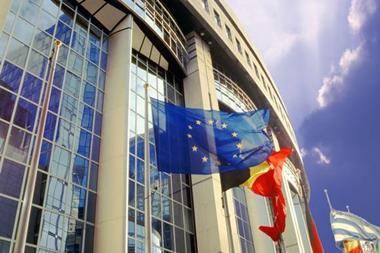



No comments yet